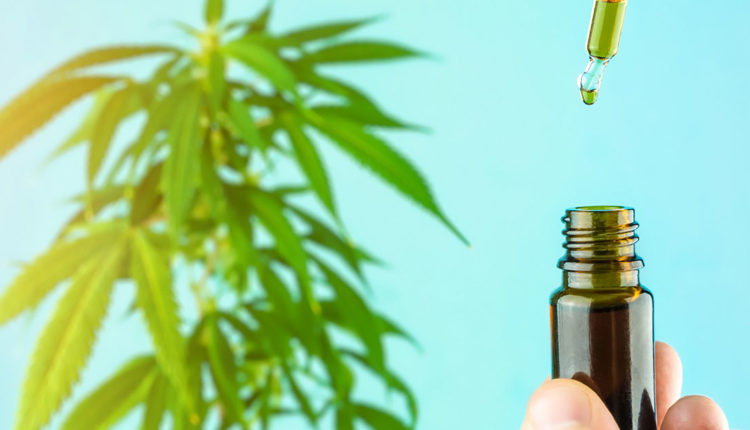 MYSTERYSHOT/ISTOCK/GETTY IMAGES PLUS
MYSTERYSHOT/ISTOCK/GETTY IMAGES PLUS
5 Things to Know About Cannabis
Clinicians should be knowledgeable on how to help patients feel comfortable disclosing their cannabis use, and be prepared to educate patients on the oral risks associated with its use.
Clinicians should be knowledgeable on how to help patients feel comfortable disclosing their cannabis use, and be prepared to educate patients on the oral risks associated with its use. Here are 5 things to know about cannabis.
1. VARIOUS FORMS
There are three forms of marijuana: weed, hash, and hash oil, which can be consumed through various methods, such as inhalation, topically, and orally. The way a person uses cannabis impacts its effect on oral health. For instance, cannabis users who smoke or vape may experience xerostomia, periodontal diseases, and more missing teeth.
2. SELF REPORTING
The use of cannabis is legal for either medical or recreational use, or both in 33 states and the District of Columbia. This growth in legalization may increase the likelihood that patients will disclose their marijuana use. However, some users may hesitate to discuss this topic with oral health professionals. Clinicians should be prepared to ask follow-up questions if patients check “yes” to using cannabis on the medical health history form, and be able to distinguish the signs of marijuana use in patients who check the “no” box.
3. USES
Patients use marijuana for various ailments and not just recreationally, as cannabis is often used to manage anxiety, depression, migraine headaches, insomnia, pain, and nausea. Once a patient explains how cannabis is consumed, and if it is for medicinal purposes, clinicians can tailor the discussion to the patient’s unique situation. Providing recommendations for good oral hygiene practices, and explaining potential adverse effects of continued use are some topics of discussion.
4. CBD
There has been a rise in cannabidiol (CBD) use as consumers praise its anti-inflammatory properties. Dental patients use CBD to reduce anxiety before treatment or as a pain reliever after oral surgery, and several CBD oral health products can be found online. Oral health professionals should ask patients which CBD products they use.
5. ADVERSE ORAL EFFECTS
Marijuana can affect a patient’s oral health. Xerostomia, increased plaque accumulation, dental caries, and poor gingival health are some common side effects experienced by those who smoke marijuana. Clinicians may see symptoms of leukoedema, hyperkeratosis, or cannabis stomatitis during the intraoral assessment.
Use the buttons below to share these tips with your friends and colleagues!

